Toplum Bilinci Faaliyetleri
Kâr amacı gütmeyen, bir sivil toplum kuruluşu olarak Avrupa Özgür
Yazılım Vakfı, Özgür Yazılım ve Açık Standartlara ilişkin genel bir
kavrayış ve destek oluşturmak için çalışıyor. Aşağıdaki faaliyetler
toplum bilinci, politika savunuculuğu ve hukuki destek alanlarında
üstlendiğimiz somut eylemlerdir.
FSFE, 2001 yılında kurulduğundan beri, Özgür Yazılımı Avrupa ve ötesinde
ilerletmek için her gün çalışıyor.
Çalışmamızın üç direğine dayanan somut
faaliyetlerimizle kullanıcı haklarını korumaya ve genişletmeye odaklandık.
Bazı eylemlerimiz yıllar boyunca sürerken, bazıları daha kısa dönem
gelişmelere odaklanıyor, ancak hepsi misyonumuzun bir parçası:
kullanıcıları teknolojiyi denetlemek üzere güçlendirmek.
Çalışmamızın diğer önemli bir parçasını sürekli uğraş ve arka plan
çalışması oluşturuyor. Her yıl
düzinelerce konferansta yer alıyoruz,
muhteşem bir topluluğu
destekliyor ve sürdürüyoruz ve yararlı kaynaklar sağlıyoruz. Üstelik,
yazılım özgürlüğü, Açık Standartlar, ve kullanıcı haklarına ilişkin tüm
soruların ve araştırmaların öne çıkan bir irtibat noktasıyız. Ayrıca Özgür
Yazılım hukuki ve lisans konularıyla ilgili
temel eğitim kaynakları
sunuyoruz.
Toplum Bilincinin FSFE'nin çalışmasında neden önemli bir öğe olduğu ve bu
alandaki genel yaklaşımız hakkında
daha fazlasını öğrenin.
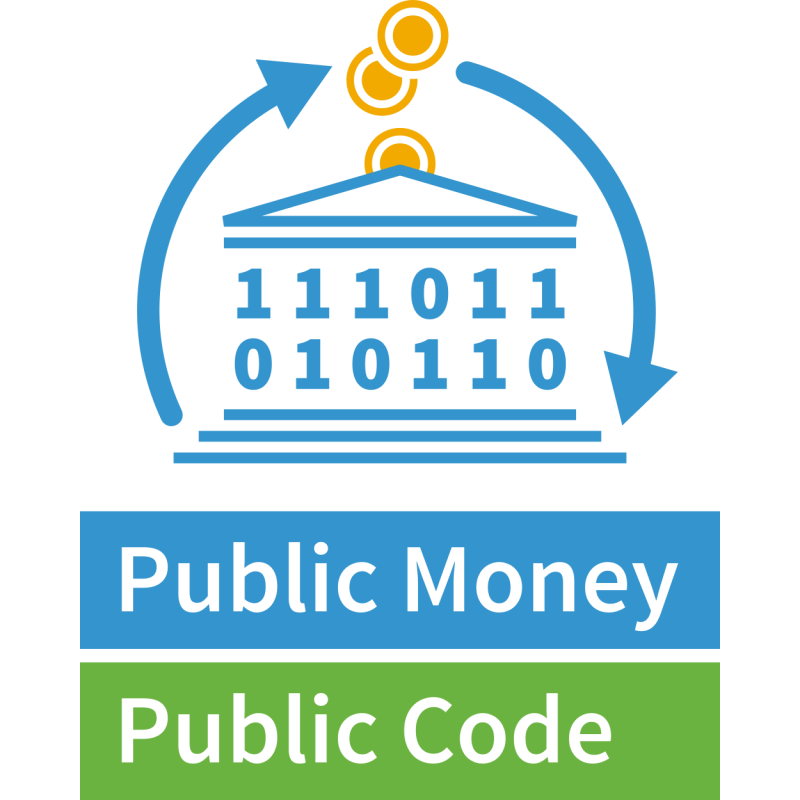
Why is software created using taxpayers' money not released as Free Software? We want legislation requiring that publicly financed software developed for the public sector be made publicly available under a Free and Open Source Software licence. If it is public money, it should be public code as well. Code paid by the people should be available to the people!
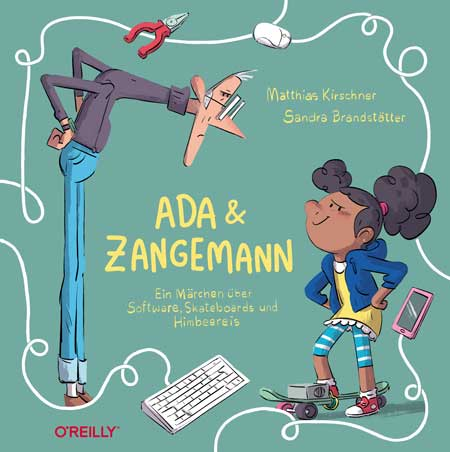
The illustrated book animated movie "Ada & Zangemann - a tale of software, skateboards, and raspberry ice cream" by the FSFE, tells the story of the famous inventor Zangemann and the girl Ada, a curious tinkerer. Ada begins to experiment with hardware and software, and in the process realises how crucial it is for her and others to control technology.
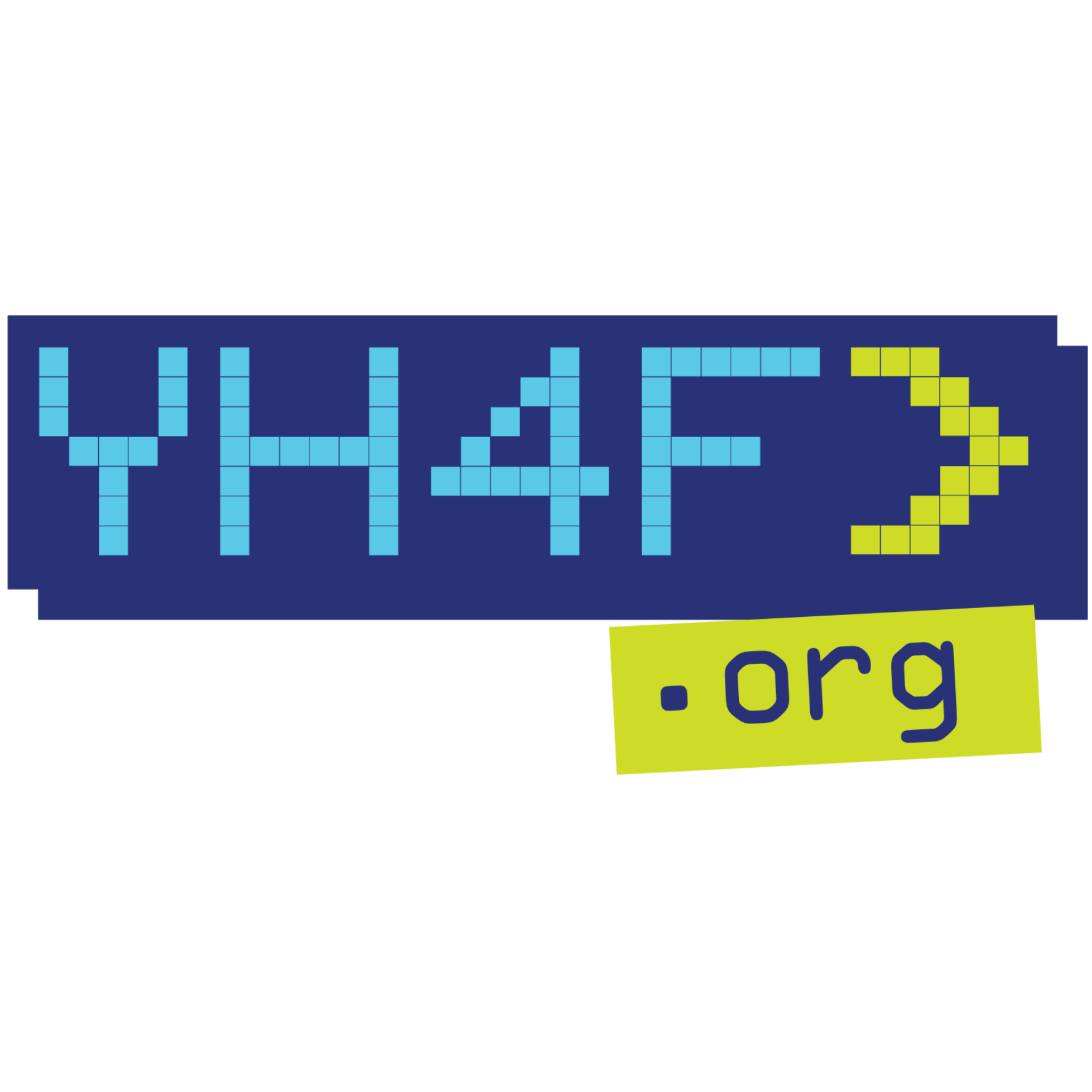
Young people, from all over Europe, compete in Youth Hacking 4 Freedom to win cash prizes by creating programs of their choice licensed as Free Software. The six winners will be invited to the Award ceremony weekend. Youth Hacking for Freedom inspires people to learn programming and to collaborate.
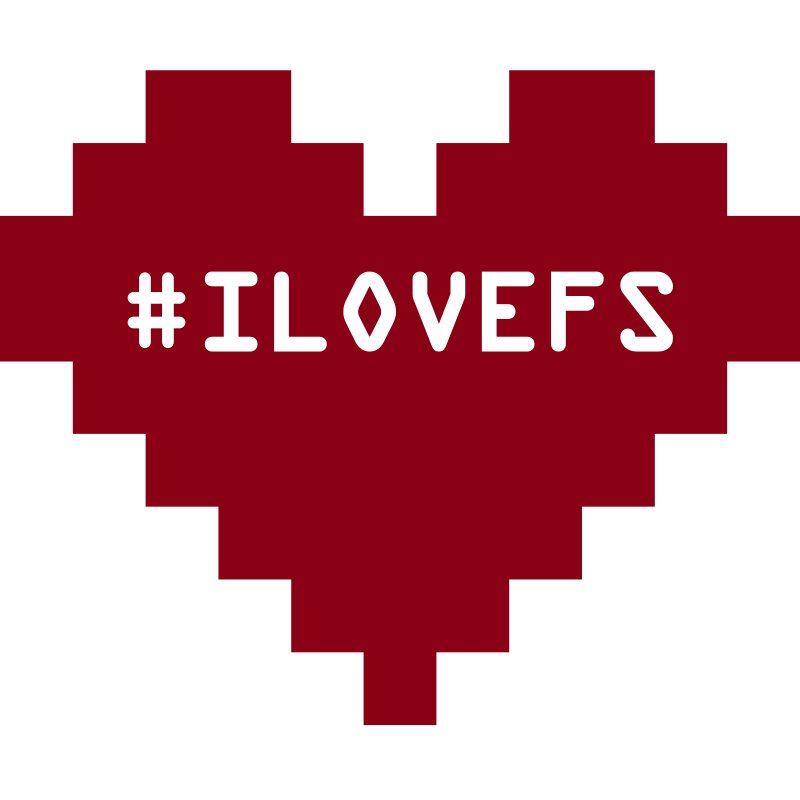
We often underestimate the power of a simple Thank
You. Free Software contributors do important work for our society and the "I Love Free Software Day" on 14 February is the perfect opportunity for you to express your special gratitude. Since 2010, we have celebrated this wonderful annual event with an ever-growing and diverse community. ♥ ♥ ♥
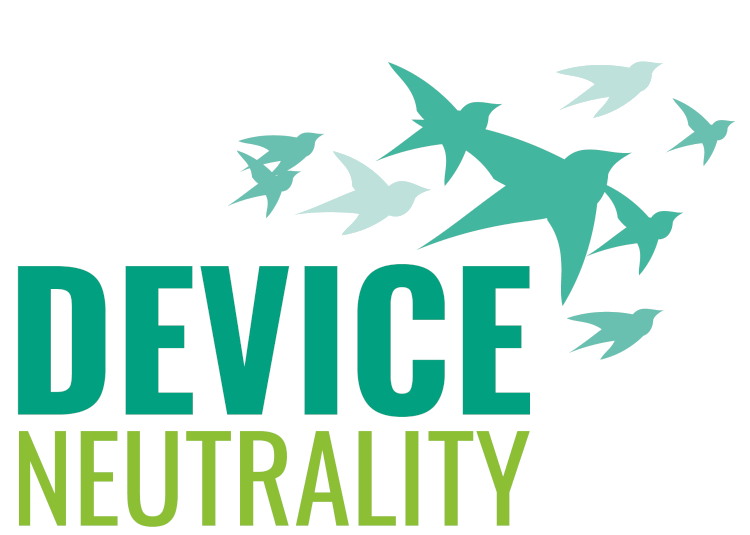
Although digital devices are ubiquitous today, the number of devices on which users cannot run Free Software is exponentially increasing. The consequence is an increased loss of control over users’ technology. Device Neutrality aims to enable end-users to bypass gatekeepers to have a non-discriminatory use of Free Software on their devices.

Android is a mostly free operating system but unfortunately the drivers for most devices and most applications in the built-in store are not Free Software. This initiative helps you to regain control of your Android device and your data.
Daha Fazla Bilinçlendirme Faaliyeti

Keep using your phone with Free Software. Upcycling Android explains
the issue of software obsolescence in the Android world and helps
people flashing their phones with Free Software operating systems.
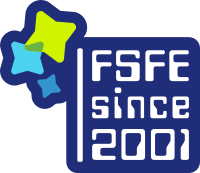
In 2021, the Free Software Foundation Europe turns 20. Throughout
this time we have empowered users to use, study, share, and
improve software. In 20 Years FSFE, we thank everyone who helped
us along the way. Here you will find interviews discussing the
FSFE progress as well as technological issues. You are welcome to
celebrate with us!

What could be a better time to ask politicians about their stance on Free
Software and Open Standards than the run-up to an election? We believe we
can and should raise these issues in all elections, European, national,
regional and local. Depending on the electoral system and culture, we use
different strategies and tools.
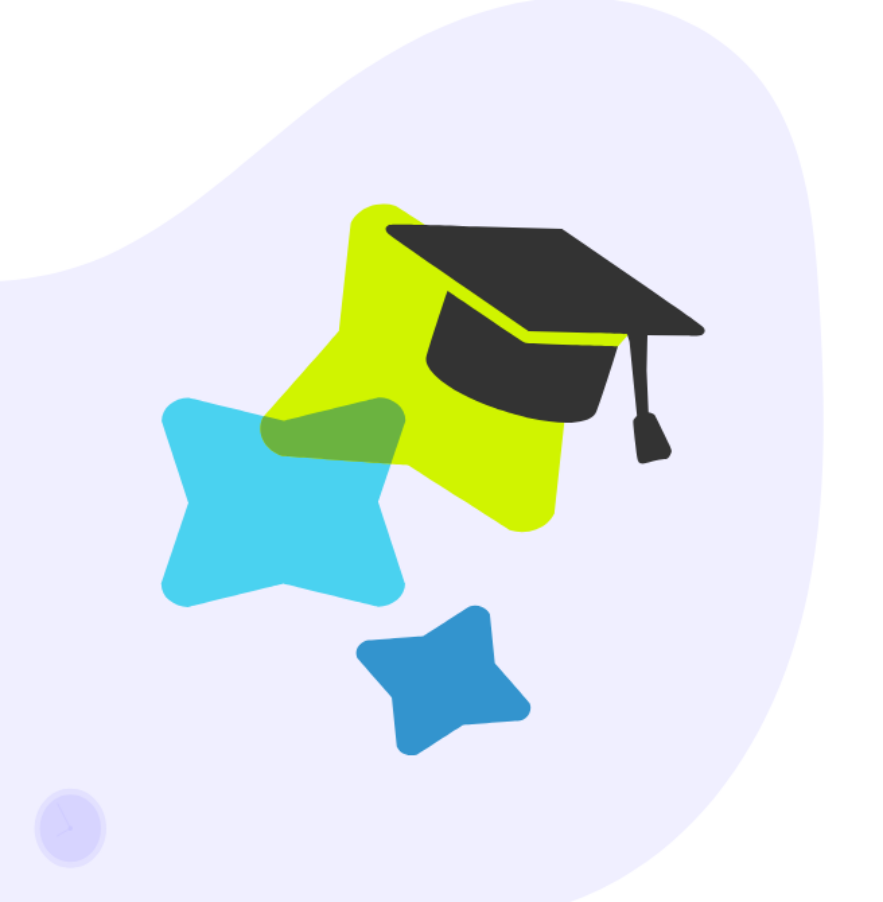
An initiative to bring Free Software in the education sector by increasing
the digital sovereignty and competence of students and teachers. Created by the
Zurich chapter, 'Lernen wie die Profis' was awarded the DINAcon Award. The activity is in German.
The PDFreaders initiative aims to shine a spotlight on government
organisations that promote proprietary PDF readers. With the help of
activists across Europe, we have contacted these organisations and told
them how they can improve their websites to respect our freedom. On
pdfreaders.org
we present Free Software PDF readers for all major operating systems.
DRM.info is a collaborative platform initiated and maintained by the FSFE to
inform about the dangers and concerns of the Digital Restrictions Management.
Contributors to DRM.info include digital freedom, consumer protection, net
activism and library organisations.
FOSS4SMEs was a two-year collaborative Erasmus+ project to spread and
increase knowledge about Free Software. The FSFE collaborate with the other
partners to develop free online educational resources for managers and
employees of small and medium-sized enterprises (SMEs).
SELFTamamlandı
The SELF project (Science, Education and Learning in Freedom) aimed at
creating a repository of educational materials on Free Software and Open
Standards. It did this by providing a platform for the collaborative
development of educational materials, as well as by engaging in the
development of educational materials that were missing in the field today.
The Brave GNU World was a monthly column published from 1999 to 2004,
addressed at both technical and non-technical readers. Its aim was to
provide an insight into current projects and developments based on the
Free Software philosophy. The Brave GNU World was translated into 9
languages, making it probably the most widely distributed monthly column
in the world.
The GNU Business Network had the vision to network all companies,
developers and users in and around Free Software in a way that the
potential synergies are encouraged and informed decisions become possible.
The TUX&GNU@school column was a regular column about Free
Software in education written by by Mario Fux. It informed about
educational Free Software, useful web sites on the topic and
other interesting topics for teachers, students and all software
freedom advocates.
Free Software is often referred to as "Open Source". But we are
convinced that Free Software is the better term: easier to
understand, harder to abuse, well-defined, providing additional
value, and offering freedom. We connected companies,
organisations and even co-founders of the Open Source movement
that prefer to use the term Free Software.









